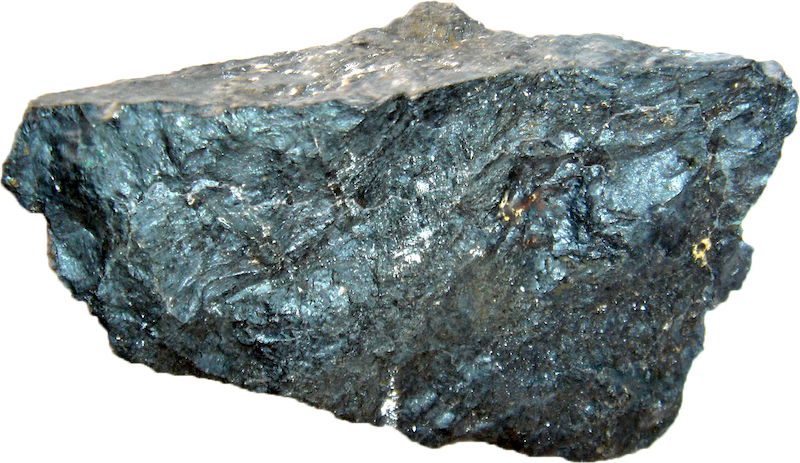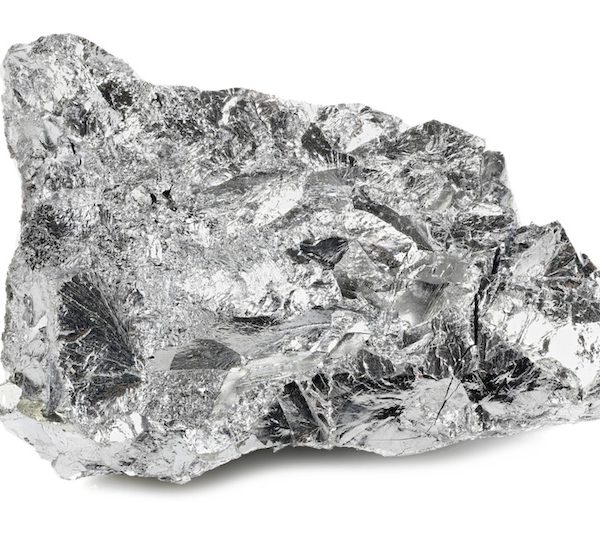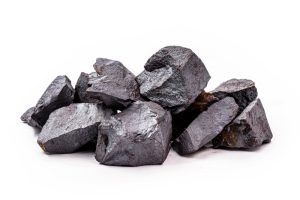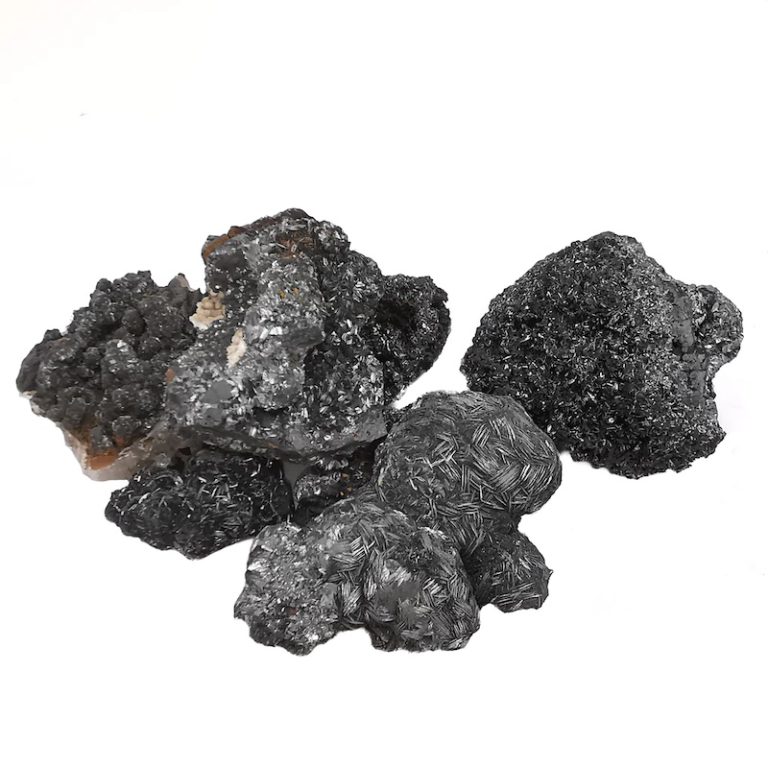
Ferrous metals are any metal that contains iron as its primary element. They make up a large portion of the metals used globally, accounting for around 90% of total metal production. Their widespread use stems from their several key properties:
Strength and Durability: Ferrous metals, particularly steel, are renowned for their high tensile strength and resistance to deformation, making them ideal for construction, infrastructure, and tools.
Malleability and Formability: These metals can be facilmente shaped and rolled into various forms, enabling diverse applications from thin sheets to intricate wires.
Relatively Low Cost: Compared to other metals, ferrous metals are generally more affordable, making them accessible for large-scale projects and everyday uses.
Magnetic Properties: Most ferrous metals are magnetic, which provides unique functionalities in applications like motors, transformers, and data storage devices.
However, certain drawbacks come with these benefits. Ferrous metals are susceptible to rust and corrosion, requiring protective measures for long-term durability. Additionally, their heavier weight compared to some non-ferrous options can be a limiting factor in specific applications.
Here are some of the most common types of ferrous metals:
- Steel: An alloy of iron and carbon, available in various grades with diverse properties and applications.
- Cast iron: High carbon content makes it brittle but strong, ideal for pipes, engine blocks, and decorative pieces.
- Wrought iron: Low carbon content resulting in malleability and resistance to rust, used in ornamental works and chains.
Overall, ferrous metals play a vital role in our modern world, offering a combination of strength, affordability, and versatility.
Showing all 5 results





